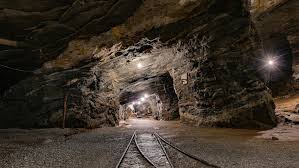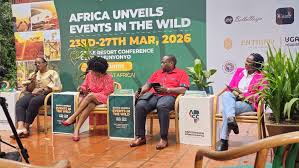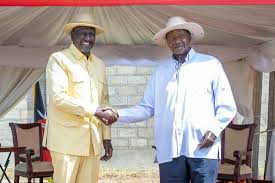While mineral resources underpin many African economies, a critical question persists: do African countries truly know the extent and value of what lies beneath their soil? Evidence suggests that many governments across the continent have only partial knowledge of their own mineral wealth, hindering long-term strategic development.
The historical backdrop deepens this challenge. Between the 18th and 20th centuries, European colonial powers aggressively extracted mineral resources from Africa, meticulously mapping deposits but tightly controlling data to their advantage.
Much of this vital geological information remains housed in archives in London, Paris, and Brussels, inaccessible to African policymakers. For instance, the British Geological Survey holds over 300,000 reports and maps from Africa that have yet to be fully harnessed by the resource-rich countries themselves.
Post-independence, some African nations nationalized mining sectors but later succumbed to international pressure in the 1980s to privatize.
This shift diluted governments’ incentives and capacities to invest in detailed geological investigations critical studies that identify mineral locations and their economic potential. Instead, many governments prioritize short-term gains by exporting minerals directly, often relying on private companies to conduct their own, sometimes partial, surveys.
Research into Ghana and Rwanda’s minerals governance illustrates starkly different approaches and outcomes. Ghana, Africa’s largest gold producer and richer in other minerals like diamonds, manganese, bauxite, and recently discovered lithium, symbolizes the challenges of political competition.
As power alternates roughly every eight years between its two main parties, long-term initiatives like comprehensive geological mapping struggle to gain traction. Ghana heavily depends on private mining companies to conduct exploration but lacks robust mechanisms to ensure full disclosure or government control over mineral data.
Additionally, political elites may resist transparent mapping efforts to preserve lucrative relationships and licensing arrangements with mining interests, sometimes extending into small-scale and artisanal mining sectors.
Conversely, Rwanda’s experience signals a divergent path. Under the Rwandan Patriotic Front’s centralized governance since 1994, the country has embraced long-term development goals, including deeper engagement with geological investigations.
Rwanda revised its mining laws to improve monitoring of foreign companies’ exploration activities and went further by establishing its own mining company, Ngali Mining, dedicated to exploration.
It has actively attracted international geological survey firms, conducting extensive mapping between 2012 and 2016, which led to the reclassification of mining zones into 52 defined exploration areas.
This strategic clarity has bolstered investor confidence and mineral sector growth. However, Rwanda also capitalizes on importing minerals from neighboring Democratic Republic of Congo—mining and re-exporting these resources for immediate economic gains which can compete with longer-term domestic exploration ambitions.
Other African countries are at various stages of acknowledging and addressing these knowledge gaps. Uganda, Morocco, Botswana, and South Africa have invested in expanding geological mapping, with Uganda aiming to double coverage from 50% to 100%. Despite these efforts, the high costs and long timeframes of geological investigations, coupled with often competing political priorities, continue to slow progress.
The soaring global demand for critical minerals notably lithium for energy transition technologies underscore the urgency for African nations to overcome institutional hurdles and invest strategically in understanding their mineral endowments.
Yet, research indicates that funding geological surveys alone cannot unlock mineral sector potential without addressing the underlying political dynamics power relations, incentives, and competing interests that shape decision-making.
Ultimately, knowing one’s mineral wealth is not merely about data collection but requires visionary governance that can balance immediate economic needs with sustainable resource management.
African countries stand at a crossroads: they must learn to “map their way” toward mineral sovereignty and economic transformation, breaking the historical cycle of external control and short-term exploitation.



